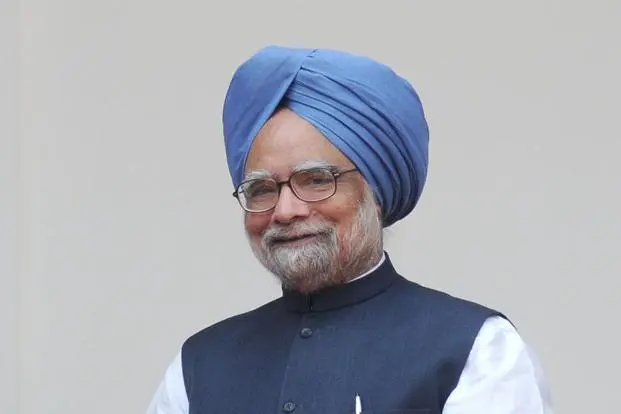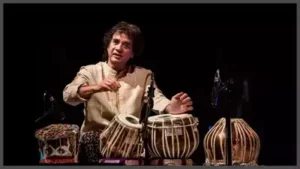
Dr. Manmohan Singh, a name synonymous with economic reforms and visionary leadership in India, has left an indelible mark on the nation’s political and economic landscape. Born on September 26, 1932, in Gah (now in Pakistan), Dr. Singh rose from humble beginnings to become one of the most respected economists and statesmen in the world. This article delves into the life, achievements, and ongoing legacy of Dr. Manmohan Singh.
Early Life and Education
Dr. Manmohan Singh was born into a Sikh family in a small village in the Punjab province of British India. Despite facing significant challenges during the partition, his unwavering commitment to education set him apart. He completed his undergraduate studies at Panjab University, followed by a Master’s degree in Economics from the University of Cambridge. Later, he earned a D.Phil. in Economics from the University of Oxford, specializing in international trade and finance.
The Architect of Economic Reforms
Dr. Manmohan Singh’s entry into public service began in the 1970s, but it was during his tenure as the Finance Minister of India (1991-1996) that he made history. Facing a severe economic crisis, he introduced groundbreaking liberalization policies that transformed India’s economy. These reforms included deregulation, reduction of import tariffs, and opening up to foreign investments. His visionary approach laid the foundation for India’s emergence as a global economic powerhouse.
Prime Minister of India
Dr. Manmohan Singh served as the 13th Prime Minister of India from 2004 to 2014. As the first Sikh to hold the office, his tenure was marked by significant achievements, including:
- Economic Growth: Under his leadership, India experienced consistent GDP growth, becoming one of the fastest-growing major economies in the world.
- Social Welfare Programs: Initiatives like the National Rural Employment Guarantee Act (NREGA) and the Right to Information Act empowered millions of Indians.
- Nuclear Agreement with the USA: The Indo-US Nuclear Deal in 2008 highlighted his diplomatic acumen and commitment to India’s energy security.
Challenges and Criticism
While Dr. Singh’s tenure as Prime Minister witnessed remarkable achievements, it was not without challenges. Allegations of corruption, including the 2G spectrum scam and the Commonwealth Games scandal, tarnished his government’s reputation. Critics often labeled him as a “weak” leader, despite his strong policy decisions.
Post-Premiership Years
After stepping down as Prime Minister in 2014, Dr. Singh continued to be a guiding figure in Indian politics. He has remained active in academic and advisory roles, offering insights into global and domestic economic issues. His autobiography, “History Will Be Kinder to Me,” sheds light on his journey and the decisions he made as a leader.
Health Updates and Recent News
In recent years, Dr. Manmohan Singh’s health has been a subject of concern. He has faced several health challenges and has been treated at the All India Institute of Medical Sciences (AIIMS) in Delhi. Despite rumors and misinformation about his demise, Dr. Singh is very much alive, continuing to inspire millions with his resilience and wisdom.
Personal Life and Family
Dr. Singh is married to Gursharan Kaur, and the couple has three daughters. Known for his simplicity and integrity, his personal life reflects his values of humility and dedication.
Legacy and Impact
Dr. Manmohan Singh’s legacy is not just limited to economic reforms or his tenure as Prime Minister. He is celebrated for his honesty, intellect, and unwavering commitment to India’s progress. His leadership style, characterized by calm deliberation and consensus-building, offers valuable lessons for future generations.
Frequently Asked Questions ( FAQs )
1. Is Dr. Manmohan Singh alive? No, Dr. Manmohan Singh is no more alive.
2. What were Dr. Singh’s major contributions as Finance Minister? As Finance Minister, he introduced liberalization policies that revitalized India’s economy, including opening markets to foreign investments and reducing trade barriers.
3. What is Dr. Singh’s educational background? Dr. Singh holds degrees from Panjab University, the University of Cambridge, and the University of Oxford, with a specialization in Economics.
4. What was the Indo-US Nuclear Deal? The Indo-US Nuclear Deal, signed in 2008 during Dr. Singh’s tenure as Prime Minister, allowed India to access civilian nuclear technology despite not being a signatory to the Nuclear Non-Proliferation Treaty (NPT).
Conclusion
Dr. Manmohan Singh’s life is a testament to the power of education, perseverance, and visionary leadership. From steering India through economic turmoil to elevating its global standing, his contributions are unparalleled. As a former Prime Minister, economist, and public servant, Dr. Singh continues to inspire hope and integrity in public life.





Informative